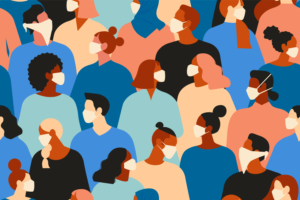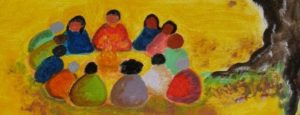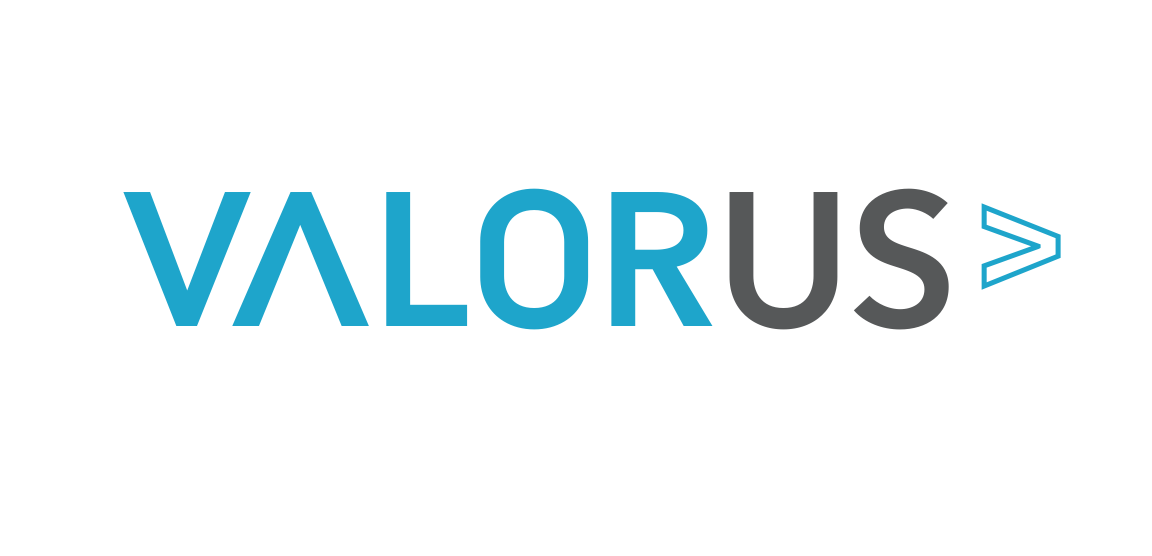Every April, I enthusiastically participate in events and activities to commemorate Sexual Assault Awareness Month. For sexual violence advocates and preventionists, April provides us with the space to bring awareness to issues like the 10th International Anti-Street Harassment Week, Child Abuse Prevention Month, National Youth Violence Prevention Week (April 3-7) and National Crime Victims’ Rights Week (April 2-8). It means pulling from my experiences throughout the year and elevating them during this period. Whether it meant writing blogs on street harassment or participating in Virtual Denim Day and Policy Advocacy Day asking our legislators for prevention funding, there was not a moment I was not thinking about sexual violence or how we, as a collective, could work to prevent it from happening in the first place!
This work can be reinvigorating and meaningful yet without self check-ins, can leave us feeling depleted, exhausted, anxious, and overwhelmed, especially during COVID-19.
The onslaught of updates around the pandemic and other disheartening news like hearing about an unarmed black man, 25-year old Ahmaud Arbery being gunned down in Georgia while he was jogging or hundreds falling sick leave me feeling both angry and heartbroken.

People in masks during COVID-19. Illustration by Angelina Bambina [Nevada Arts Council]
As I reflect on this past Sexual Assault Awareness Month during COVID-19, I recognize that survivors and marginalized individuals, like me, may feel additionally triggered, traumatized, and isolated processing all of this. Our reaction to this disruption brought by this pandemic may look a lot like the process of grieving and the emotions that follow.
“There is something powerful about naming this as grief. It helps us feel what’s inside of us. So many have told me in the past week, “I’m telling my coworkers I’m having a hard time,” or “I cried last night.” When you name it, you feel it and it moves through you. Emotions need motion. It’s important we acknowledge what we go through.” ~ Scott Berinato
For me, I know it has been the loss of people I know or absence of human connection, and the anxiety of not being able to travel to care for loved ones etc. I know I have been feeling anxious, exhausted, sometimes struggling with sleep, or impatient. It’s so easy to be harsh on myself and ask: Why can’t I feel upbeat, or optimistic or be more grateful for what I have? I am more startled than before. Does this sound familiar to you?
I have “self-compassion and grounding tools” such as cooking, nurturing my plants, or watching old classic Bollywood music videos or video chatting with my loved ones in India. I recognize these are privileges and I am grateful. However, in the midst of a thriving capitalist and ableist self-care industry, we have to recognize self-care may not look the same for us all and may not be accessible to many marginalized individuals and groups who experience everyday trauma at the intersection of racial, immigrant, or other forms of oppression and abuse.
Self Care Differs from Person to Person, Community to Community
As we discuss mental health and wellbeing at the individual and community level, we must also talk about intergenerational cycles of collective trauma and injustice. Although one case of sexual violence is one too many, practitioners, like me, understand that sexual trauma is experienced in greater numbers by those in communities where there are greater inequities at play.
“What if we started collectively treating our trauma? THAT would be revolutionary on a whole separate level. We need to normalize the collective healing of our wounds and better educate ourselves on how trauma will drive our vulnerable communities to do things we don’t like. We’re in a very reactionary culture right now.”
-Ebony Ava Harper, Director of California TRANscends and Human Rights Activist

Community Healing Circle. Credit: Yaletown Naturopathic Clinic
“…we need to solidify and amplify a vision of liberation that is emotionally and spiritually compelling. We need the kind of vision that gets people out of bed, and inspires them to take bold actions, while navigating an ever increasingly terrifying world… How will we push ourselves to build the movements we need and increase time for rest, collective care, and our health? How can we do this and increase our discipline, rigor, and accountability to each other?”
–Ejeris Dixon, Organizer
I also wonder: How can we include those incarcerated, especially incarcerated survivors, and caught up in the prison industrial complex in our collective mental health care plan and still keep it trauma-informed? How can we make this approach to healing and ending cycles of abuse accessible and affordable to all survivors and non-survivors? What about children, youth and teens or elders in nursing homes who feel invisible in this adult framework of mental health care and healing especially during this pandemic? How about those who identify as LGBTQI and have no safe spaces? These are heavy questions and we may not know the answer to all or have solutions but this is something we must consider bringing to the table.
While we plan my prevention education and community organizing work this month, I think it’s okay to take some time off even for 5 minutes, do a guided body scan, find ways to navigate my trauma especially identifying a collective healing process, grieve and process, disconnect from social media, while setting boundaries, resting and replenishing. It won’t be easy to implement these but I am going to urge you to take these small yet impactful steps, to make #BoldMoves. In this process of taking care of our mental health, don’t forget to drink water, take care of your physical health (what is important and accessible to you) and practice self-compassion and kindness. The future is what we make it and it’s high time we prioritize our mental health and be kind to ourselves first in order to move towards it.
So, here are some resources (upcoming or archived webinars and articles) that I hope will be helpful for your own individual well-being and grounding as well as a collective framework to healing, justice and being healthy:
NSVRC Article “The Imprints of Sexual Trauma: How the COVID-19 Pandemic May Trigger Survivors
Self and Collective Care
Part 2: Self-Regulation and Resiliency [webinar series by CPEDV]
Preventing violence amidst the pandemic: A spotlight on Stop It Now! and Vital Village (Part 3)- PreventConnect & Prevention Institute
NAMI National Alliance on Mental Illness
Black Emotional and Mental Health
Resonance Network and PreventConnect web conference series with Resonance Network
Healing Justice
Reminders and affirmations to help you through quarantine– Sherronda J Brown (Black Youth Project)
Five hold techniques developed by Heidi Hanson and Peter Levine, shared by Twinpowerment
How to lead when you are afraid
How can we cope with isolation during coronavirus? Formerly incarcerated women give advice. | Perspective
Why is healing from collective trauma critical for our social justice efforts?
The Future of Healing: Shifting From Trauma Informed Care to Healing Centered Engagement
Tamarack Institute Resources on Collective Impact and Resilience
*** The National Suicide Prevention Lifeline at 1-800-273-8255 provides people in distress, or those around them, with 24 hour support. The Crisis Text Line allows people to text ‘Home’ to 741-741 to connect with crisis counselors.


